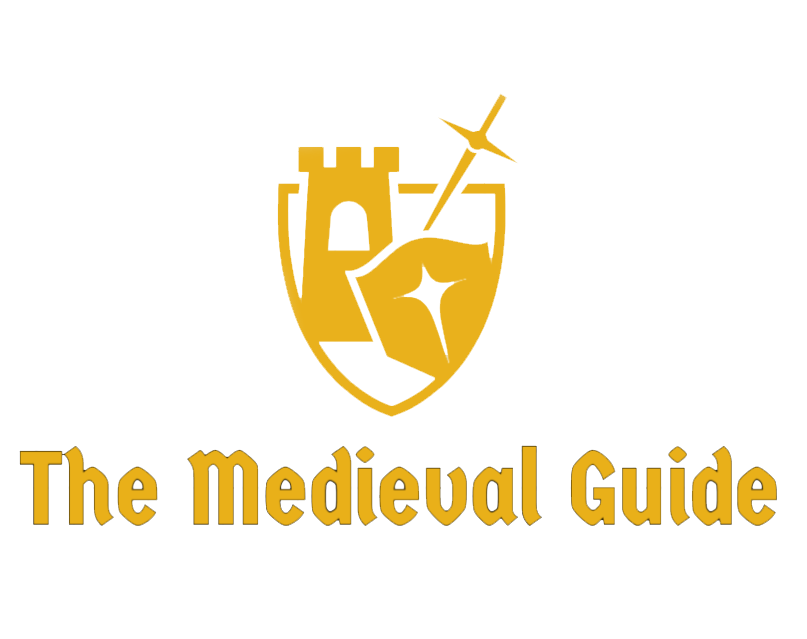In the world of medieval knights, swords were more than just weapons – they were also symbols of honor and status, and they were often given names to reflect their importance and significance. But did medieval knights actually name their swords, and if so, why did they do it?
There is evidence to suggest that medieval knights did indeed name their swords, and that these names often had symbolic or personal significance.
Personal and Symbolic Sword Names
Some knights might have named their swords after a particular battle or event, while others might have chosen a name that reflected their personal beliefs or values. For example, a knight might have named his sword “Excalibur” after the legendary sword of King Arthur, or “Justice” to symbolize his commitment to upholding the law.

There are also a number of accounts of knights naming their swords after their loved ones, such as a wife or daughter. In these cases, the sword’s name might have been intended as a tribute or as a way of expressing devotion and affection.
Descriptive Sword Names
Descriptive names were a common way of naming swords in the Middle Ages, as they allowed people to easily convey information about the weapon’s appearance or characteristics.. For example, a sword might be named “The Blade of Death” if it was particularly deadly or “The Shining Sword” if it had a particularly bright or shimmering appearance.
In addition to describing the appearance of the sword, descriptive names could also be used to convey information about the weapon’s purpose or function. For example, a sword might be named “The sword of war” if it was primarily used in combat, or “The ceremonial sword” if it was used for formal occasions.
Honoring the Owner
Naming a sword after its owner was also a common practice in the Middle Ages, and it was often seen as a way of honoring and celebrating the achievements of the knight in question. By naming a sword after its owner, people could pay tribute to the knight’s bravery, skill, and accomplishments, and it could serve as a way of commemorating their legacy and importance.

In many cases, swords that were named after their owners were highly prized and revered, as they were seen as symbols of the knight’s status and reputation. For example, a sword that was named “The Sword of Roland” would likely have been seen as a highly valuable and respected weapon, as Roland was a legendary knight and warrior who was revered and celebrated in the Middle Ages.
In addition to being seen as symbols of honor and status, swords that were named after their owners might also have had a more practical purpose. For example, a knight might have named his sword after himself as a way of identifying it as his own personal weapon, or as a way of marking it as part of his family’s property or inheritance.
5 famous medieval swords
The following is a list of five famous medieval swords that have captured the imagination and fascination of people for centuries.
- Excalibur: This is perhaps the most famous medieval sword of all time. It is the legendary sword of King Arthur, and is said to have magical powers.
- Durandal: This sword was said to have been wielded by the paladin Roland during the First Crusade. It was known for its sharpness and ability to cut through anything.
- Joyeuse: This was the personal sword of Charlemagne, the ruler of the Frankish Empire in the 8th and 9th centuries. It was known for its beauty and was said to be imbued with magical powers.
- Gram: This was the sword of the Norse hero Sigurd, and was said to be able to cut through any armor or shield.
- Caladbolg: This was the legendary sword of the Irish hero Fergus mac Róich. It was said to have the power to cut an enemy in half with a single blow.
Conclusion
Overall, it appears that medieval knights did indeed name their swords, and that these names often had personal, symbolicor descriptive significance. While the practice of naming swords might seem strange to us today, it was an important part of the culture and traditions of medieval knights, and it helped to give these weapons a sense of history and meaning.
While we may never know the true stories behind all of the named swords of the Middle Ages, these names continue to capture the imagination and fascination of people today. Whether they were named after battles, loved ones, or the knights who wielded them, the named swords of the Middle Ages are an enduring part of the history and culture of the period.
